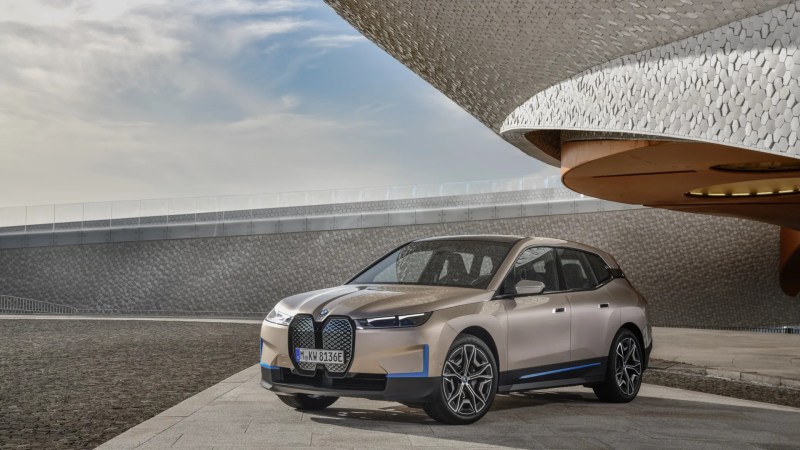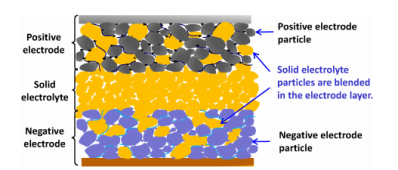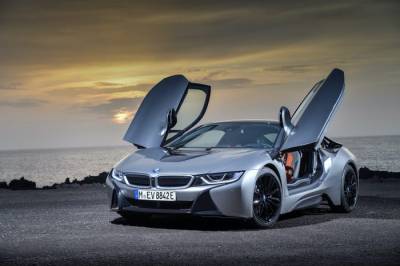BMW Pushing Hard For Solid-State Battery Tech; Plans Demo By 2025

Plenty of development is ongoing in the world of lithium batteries for use in electric vehicles. Automakers are scrapping for every little percentage gain to add a few miles of range over their competitors, with efforts to reduce charging times just as frantic as well.
Of course, the real win would be to succeed in bringing a bigger, game-changing battery to market. Solid state batteries fit the bill, potentially offering far greater performance than their traditional lithium counterparts. BMW think there’s merit in the technology, and have announced they intend to show off a solid-state battery vehicle by 2025.
What Makes Solid State Batteries Special?

Solid-state batteries, as their name might suggest, replace liquid electrolytes with solid materials. The hope is that by using a solid electrolyte instead, multiple factors will allow gains in performance that have been impractical to implement with conventional designs. One of the major areas of interest is whether solid state batteries would allow the possibility of using lithium metal anodes, which would provide far higher energy density — 2 to 3 times greater than that of current designs. This would allow for longer range, or simply lighter batteries, than the current status quo. Liquid electrolytes are also behind the high flammability of current lithium batteries. By replacing them with solid compounds of lower flammability, electric cars could be safer. The batteries could also be run at higher temperatures with less risk, reducing the need for cooling, and potentially allowing for higher performance and faster charging times.
However, success with solid-state batteries remains elusive. Hurdles are everywhere, as researchers try to find the magic combination of materials and design that will produce a battery of greater energy density that can hack it in the demanding automotive environment. Current proof-of-concept devices struggle in multiple ways. There are issues with the solid electrolyte changing size over charge and discharge cycles, leading to damage and fracturing, or making poor contact with other battery components, leading to lower performance. Higher numbers on paper aren’t enough; a market-ready solid state battery needs to tick every box, being as or more reliable than its predecessors over timescales of a decade or more.
BMW is Jumping in Just as Fisker Bailed Out
For some, the struggle is too much, with early proponent Fisker recently announcing they’ve abandoned a technology they once hoped to ship in 2018. Other automakers are still in the game however, including VW, who are working with QuantumScape towards a deadline of 2024 — who, incidentally, recently settled a lawsuit with Fisker over the technology. Not to be left out, Toyota are also investing into research as well. There’s clearly four-dimensional chess games going on up and down the industry, which hints at the potential value of success in this area.

BMW are working towards a similar timescale, hoping to have a tech demonstrator out by 2025. If past BMW concepts, or even their electric road cars are anything to go by, expect a swoopy vision of the future, complete with wild and likely impractical styling features. The company expects that the technology won’t be production ready for some time after that, expecting models to ship closer to 2030. This time scale is not uncommon for new automotive technologies. It provides for multiple years for BMW to undertake long-term testing, to determine the performance of the new batteries in all conditions — from Arctic cold to desert heat. Automakers routinely put millions of miles into development mules for even regular vehicles to try and shake down problems; a moonshot battery technology would require just as rigorous attention before launch.
While the announcement is exciting, and a positive sign for the solid-state battery future, it remains likely that we won’t see much in the real world for another 5 to 10 years, if ever. However, if research into solid state batteries does pan out and the technology lives up to the claims, expect them to quickly clear house once production lines get up to speed.
Post a Comment